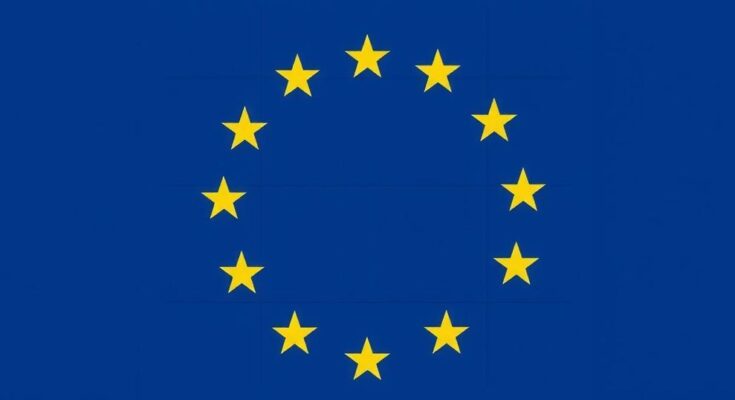TikTok officials defended their election integrity measures during a session with EU lawmakers, highlighting their efforts to remove networks attempting to disrupt Romanian elections. Despite their actions, lawmakers expressed dissatisfaction over TikTok’s compliance with the Digital Services Act, amid concerns regarding candidate Calin Georgescu’s significant online support through the platform.
In a recent session with European Union lawmakers, TikTok officials defended their measures regarding election integrity in Romania amidst scrutiny regarding potential electoral manipulation. TikTok’s global head of product, authenticity and transparency, Brie Pegum, disclosed that the platform had identified and removed several networks attempting to influence the elections. These actions followed the unexpected emergence of Calin Georgescu, an independent presidential candidate, who gained popularity through TikTok, raising concerns about the authenticity of his online following.
As TikTok faces criticism for its role in elections, lawmakers are keen on understanding the platform’s regulatory compliance under the EU’s Digital Services Act. To address these concerns, TikTok engaged 95 Romanian content moderators and collaborated with local fact-checkers, asserting their efforts to ensure clean electoral content. Despite these claims, many lawmakers voiced dissatisfaction with TikTok’s explanations, emphasizing the urgent need for more concrete responses regarding the management of misinformation during critical electoral periods.
As election controversies unfold in Romania, particularly surrounding Calin Georgescu’s candidacy, TikTok has become a pivotal tool in political campaigning and voter engagement. Following the preliminary election round, where Georgescu’s TikTok account saw a significant spike in views, questions linger regarding the authenticity of his online support and TikTok’s role in amplifying such content.
In light of recent political events in Romania, TikTok has come under the spotlight for its handling of election-related content amid allegations of manipulation and interference. The elections have become contentious due to the rise of Calin Georgescu, an independent candidate who has leveraged TikTok to gain visibility and support. His ascent has prompted scrutiny not just of his campaign but of TikTok’s protocols for managing political content, particularly in the context of foreign influence and misinformation. As such, the platform’s executives have been called to answer for how they enforce regulations in compliance with the EU’s legal framework governing online conduct.
The discourse surrounding TikTok’s role in Romania’s electoral landscape underscores the complexities of social media influence on democratic processes. While TikTok has implemented various measures to combat misinformation and regulate political content, ongoing concerns from EU lawmakers signal that scrutiny will continue. The effectiveness of TikTok’s strategies in preserving election integrity remains a focal point for analysts and policymakers alike, particularly as the runoff elections approach and allegations of digital interference persist.
Original Source: apnews.com



